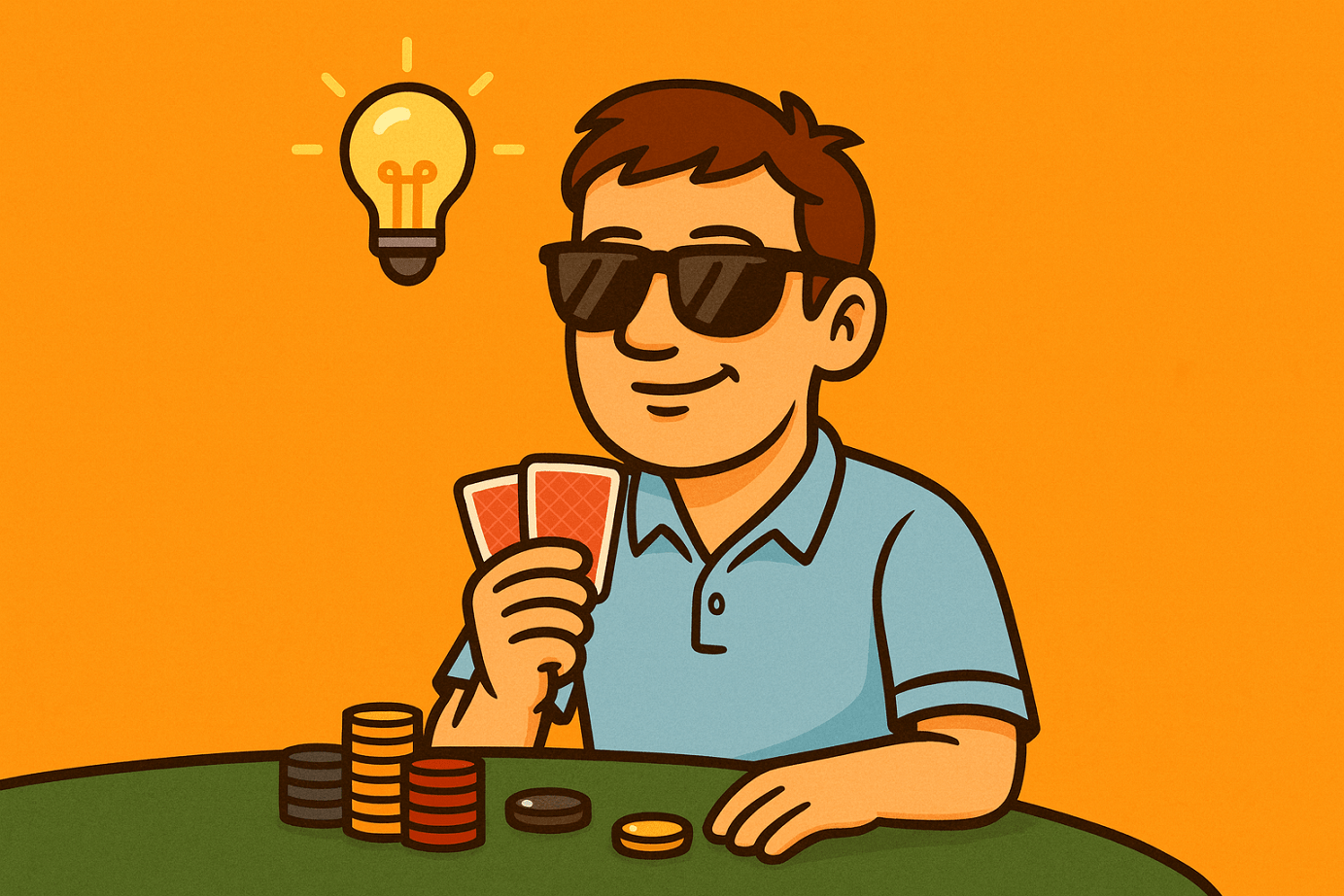How Poker Strategy Can Help You Play Smarter with Casino Bonuses
Every gambler has faced the same dilemma: do you trust your gut or your game plan? In poker, this question defines careers. The best players in the world don’t chase luck; they build strategies, analyze data, and control their emotions under pressure. Poker isn’t just about cards — it’s about decisions. And interestingly, those same skills can apply far beyond the poker table, even in places where randomness seems to rule, like online slots.
As casino rewards become increasingly widespread, players are finding new ways to test their poker-style discipline. Even experienced strategists are drawn to explore these no-risk offers, yet it’s the poker mindset — grounded in patience, calculation, and self-control — that truly defines how they approach them.
The Poker Mindset – Decisions Over Desperation
Poker demands rationality. It’s a game where every chip reflects not luck, but the quality of your choices. Successful players think in probabilities, not possibilities. They understand variance — that even the best move can fail in the short term — and this keeps them grounded.
A 2024 report from the World Poker Federation found that 68% of players who consistently placed in the top 10% of tournaments attributed their success to “structured decision-making and emotional neutrality.” In other words, winning wasn’t about playing more hands — it was about playing smarter ones.
That mindset, built around patience and precision, shapes a player’s entire approach to risk. Poker players learn early that you can’t control outcomes, only decisions. And that’s a philosophy that transfers surprisingly well into every corner of gambling — even those driven by spinning reels instead of betting ranges.
Understanding Risk – How Poker Teaches Probability Awareness
The bridge between poker and slots lies in understanding risk. In poker, you calculate pot odds and equity. In slots, you face volatility and return-to-player (RTP) rates. The mechanics differ, but the core principle is identical: smart players respect probability.
To illustrate, a 2023 Statista analysis showed that the average RTP across popular online slots sits around 96.1%, while poker players in cash games maintain an edge of roughly 2% to 5% over the field in the long run. The similarity? Both rely on managing that small edge over time — not chasing short-term miracles.
A poker-trained mind sees free spins as more than entertainment. They’re test runs for evaluating a system, just as players review hands or track EV (expected value). When you understand that a 96% RTP means you’ll statistically lose 4% of your stake over time, you stop expecting instant wins — and start playing strategically.
Bankroll Management – The Hidden Weapon
Ask any poker pro how they survived their first losing streak, and they’ll mention bankroll management. It’s not glamorous, but it’s the foundation of longevity. You divide your funds, limit exposure, and never risk more than a small percentage on any single play.
In 2024, the European Poker Index found that 82% of players who quit within their first two years cited poor bankroll control as the main reason. That number mirrors online casino behavior, where impulsive bonus chasing often leads to losses.
When applied to slots or bonuses, poker-style discipline looks like this: treat free spins as practice, not payday. Don’t double down after a win or chase back-to-back bonuses. Set boundaries, analyze results, and walk away when the math stops favoring you. Even with something like 60 free spins, a poker player tracks outcomes the same way they’d track hands — one decision at a time.
Emotional Control – Managing the Tilt Across Games
Tilt — that moment when emotions override logic — is poker’s oldest enemy. The same impulse exists in casino gaming when players spin compulsively after a loss. The truth is, chasing losses in any format is emotional sabotage.
Professional poker players use small rituals to reset focus: taking breaks, reviewing mistakes, or even walking away after a bad beat. These methods translate perfectly into slot sessions. When a bonus run doesn’t pay out, discipline means closing the game and accepting variance — not doubling your bet “just one more time.”
According to the UK Gambling Commission’s 2025 behavioral survey, players who took at least one five-minute pause every 30 minutes of online play were 43% less likely to exceed their deposit limits than those who played continuously. Emotional control, it seems, isn’t just psychology — it’s profit protection.
Responsible Strategy – Beyond Cards and Reels
Ultimately, strategy isn’t defined by the game you play but by how you approach it. A poker player’s strength lies in critical thinking, emotional restraint, and an understanding of long-term value. Whether you’re calling a river bet or using 60 free spins no deposit, the same principle applies: think before you act.
Every spin, like every hand, is a decision. You can’t manipulate outcomes, but you can control your behavior — your bets, your expectations, and your response to variance. The best poker players treat gambling as an exercise in self-awareness, not adrenaline.
So when a casino tempts you with free spins, think like a strategist. Review the terms, understand the math, plan your session, and play with purpose. The cards may change, but the smartest move — thinking first — never does.
When Strategy Outplays Luck
Poker doesn’t just teach you how to win. It teaches you how to think. It shows that discipline beats impulse, structure beats chaos, and patience outlasts luck. Whether your battlefield is a green felt table or a spinning reel, remember — strategy is your only real edge.

